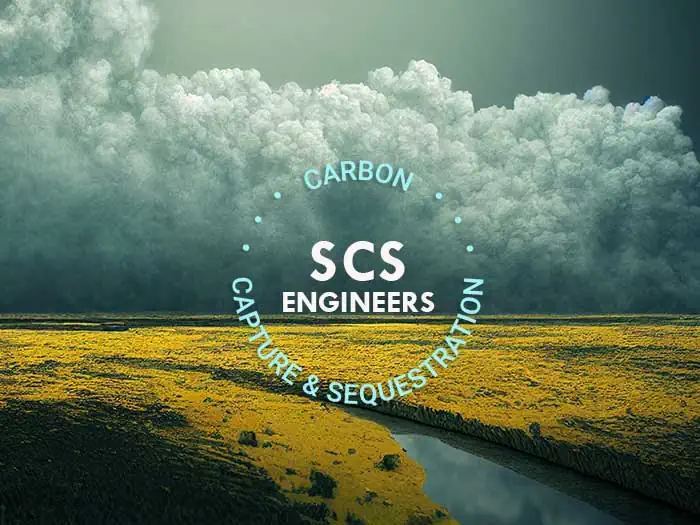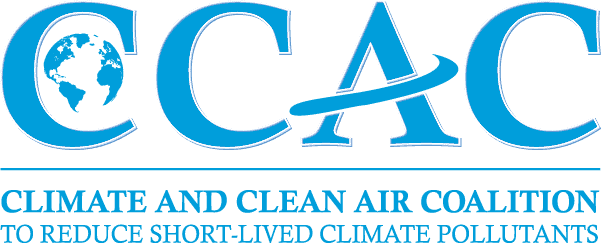


Capturing carbon and injecting it into a carbon sequestration well, also called a Class VI Well, is an EPA-approved technology. Manufacturers and industries are considering using carbon sequestration to reduce greenhouse gas emissions (CO2). Often, the public is concerned that carbon injection wells could contaminate underground drinking water — a legitimate concern, given today’s headlines. In this environmental engineering blog, we’ll describe the two ways underground drinking water could be contaminated and how to prevent it.
Contamination can occur if the CO2 can migrate up the well bore into the aquifer anytime after injection. The second instance is if pressure forces the brine from the injection zone into the aquifer.
Environmental engineering teams, which include professional geologists, hydrogeologists, and geoscience experts, take steps and provide well-operators guidance to protect drinking water sources, including calculating the Area of Review (AOR) around the injection well and computational modeling to understand how the pressures can build up during injection to create unsafe conditions.
Armed with expert knowledge and more modeling accuracy, operators can prevent contamination, extend the life of carbon sequestration wells, and address public concerns.
Dr. Charles Hostetler explains in the SCS educational video how accurately calculating the AOR and understanding critical pressure work together so companies can confidently use carbon capture and sequestration to reduce greenhouse gas emissions safely.
Click to watch
At SCS, we’re always available to answer questions – contact SCS at or find an office near you. Human Resources would like to hear from you if you desire a rewarding career working with companies to help them run efficiently and cleaner.

Additional Carbon Sequestration Resources:
SCS Engineers is proud to announce its acceptance as an “Actor” in the Climate and Clean Air Coalition to Reduce Short-Lived Climate Pollutants (CCAC). SCS will participate in the CCAC’s initiative to mitigate Short-Lived Climate Pollutants (SLCPs) from the Municipal Solid Waste sector.
The CCAC is a voluntary international framework that encourages countries and organizations to take concrete steps to reduce SLCPs in order to protect the environment and public health, promote food and energy security, and address near-term climate change. The initial focus is on methane, black carbon, and many hydrofluorocarbons (HFCs). Fortunately, as their name indicates, SLCPs have a relatively short lifetime in the atmosphere, and therefore determined efforts to mitigate them now can significantly reduce their concentrations in a relatively short period of time. Many cost-effective technologies and practices have already been implemented in key sectors around the world and benefits are being seen.

The Coalition sponsors eleven initiatives designed to address urgent environmental challenges through collective and individual partners’ action. Some of the initiatives include: reducing black carbon emissions from heavy-duty diesel vehicles and engines; promoting HFC alternative technology and standards; addressing short-lived climate pollutants from agriculture; supporting national planning for action; financing mitigation of SLCPs; regional assessments; and urban health.
Founded in 2012, the CCAC is the first global effort to address the urgent challenge of SLCPs. The Coalition encourages all countries, regional economic integration organizations (REIO), intergovernmental organizations (IGOs), non-governmental organizations (NGOs), and private sector entities that are committed to solving this global and collective challenge to participate in its initiatives. To date, 48 countries, 14 IGOs, and 43 NGOs participate in the CCAC.

Upon receiving the letter of acceptance, SCS Vice President Dana Murray said, “We are pleased to be approved as an Actor and believe this initiative makes a difference in the human health and environment of the cities it assists because it looks at improving municipal solid waste management holistically at the local level.”